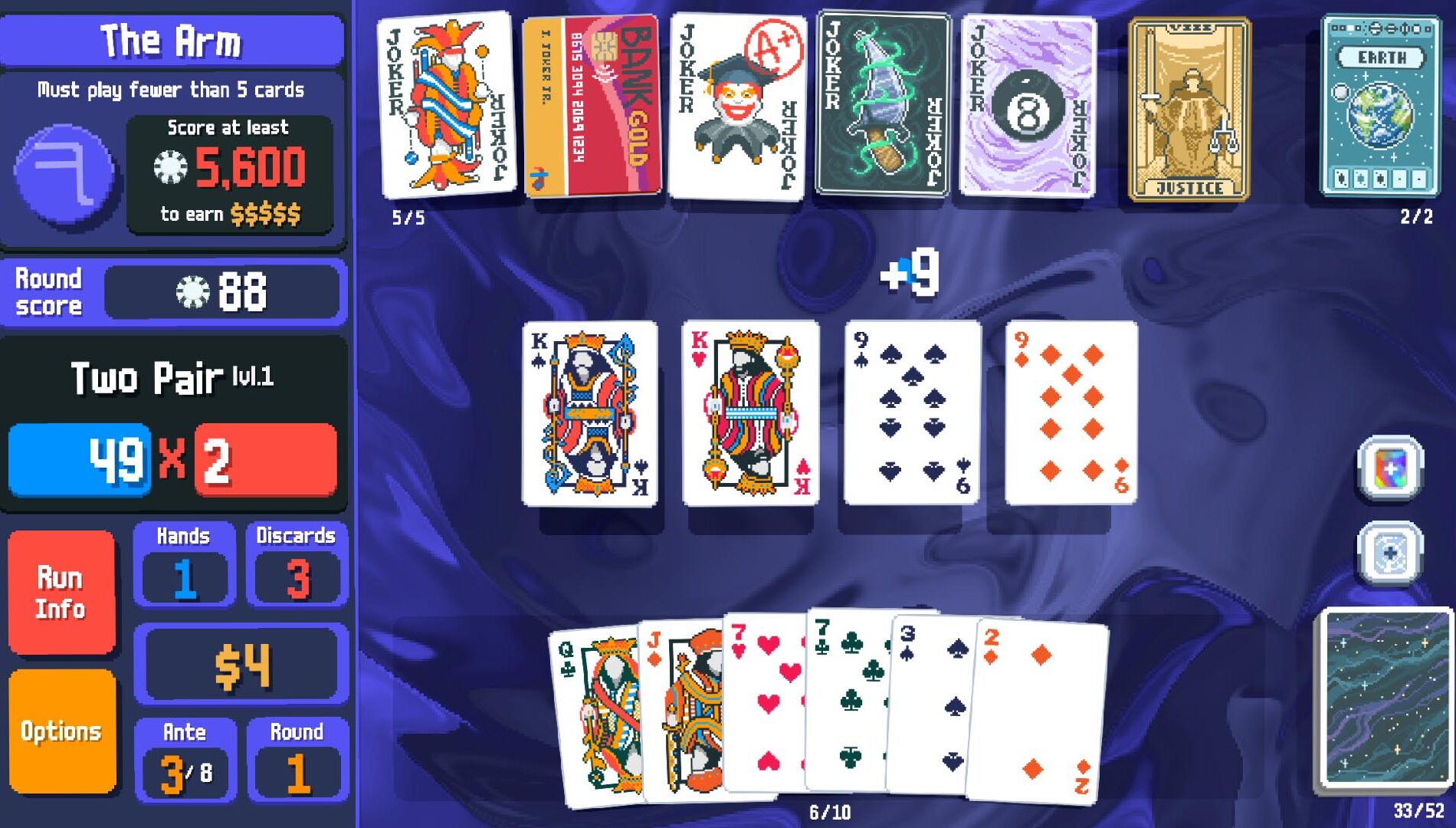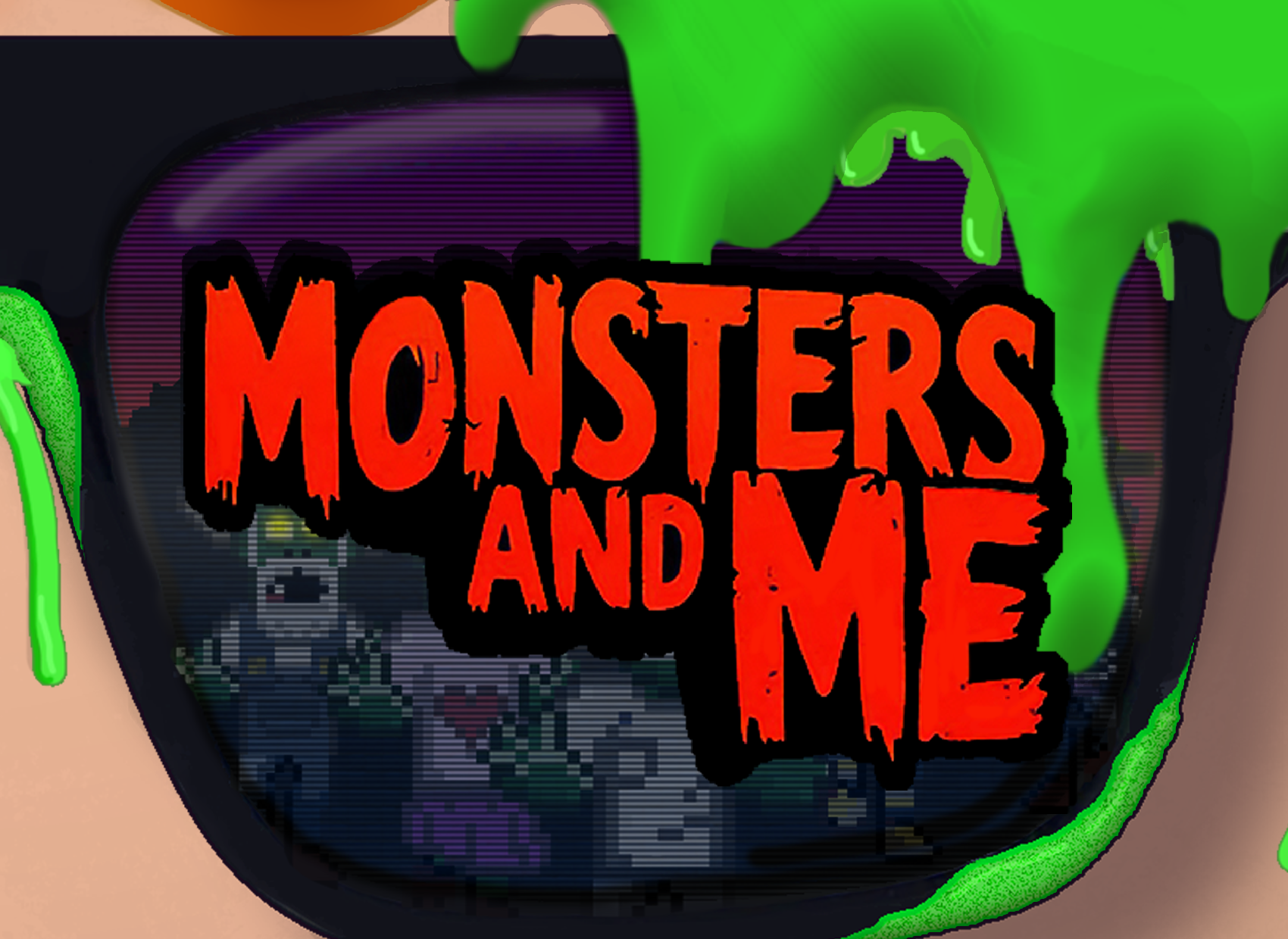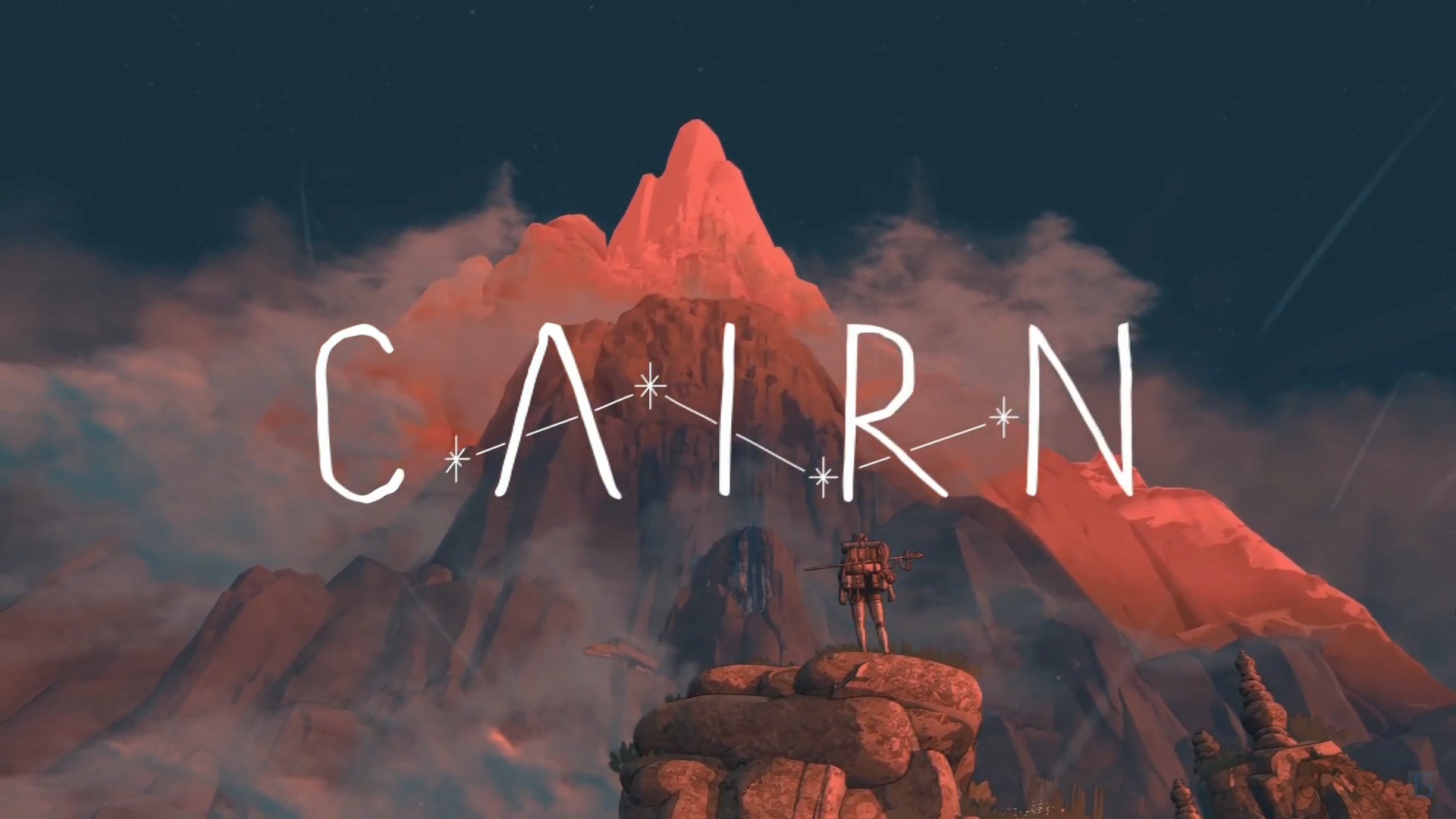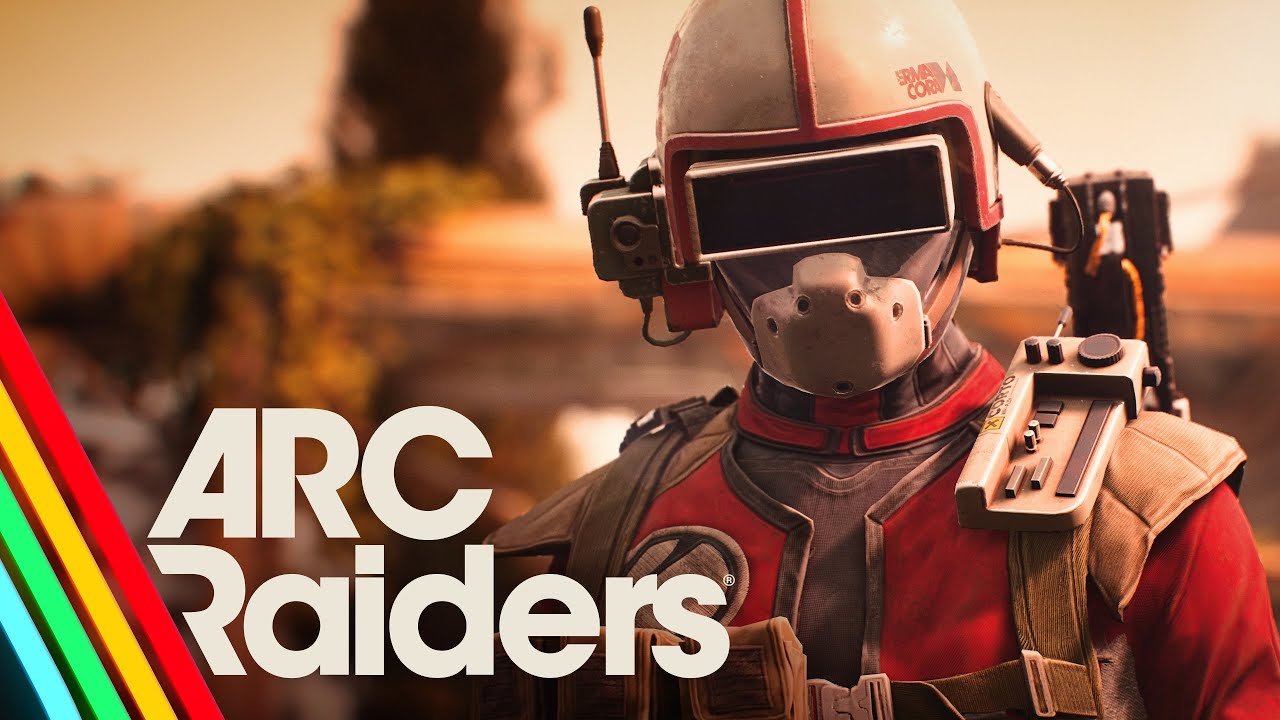When I first heard about Balatro (out now on Xbox Series X|S and Xbox One), I wondered how you could make a roguelike deckbuilder – a genre already stacked with greats like Slay the Spire, Monster Train, Inscryption, Hand of Fate, and more – using only poker as an inspiration. After accidentally playing 15 hours of Balatro in only a few short days, I’ve come to realize that this isn’t about playing poker, it’s about breaking poker – and it’s incredible.
Balatro has a simple premise – every poker hand is assigned a points score, and a multiplier for that score. You’re dealt a hand, offered the chance to discard up to five cards at a time, and then try to find the best possible way to hit the highest points total. There are no opponents, per se, just higher and higher points totals you’re tasked with beating (although there are “boss levels” that introduce extra, often painful, mechanics to work around). It’s a simple, elegant set-up. But the ways you can go beyond that set up are anything but simple.

Between each round, you can purchase new cards and abilities from an in-game shop, using money earned by playing each round efficiently, or stylishly. The key to understanding Balatro is to realise that everything you can add to your deck isn’t a way to cheat as such, but a means of literally changing how poker works. The most obvious of these tools comes in the form of Jokers, cards that live separately from your deck, and offer 150 different ways to change how your other cards react – from buffing certain suits, to earning you more money to spend, to truly wild abilities I won’t spoil.
But beyond Jokers there are ways to add extra abilities to your deck as a whole, enhance the potency of certain hand types, add extra cards to your line-up, remove or change suits, and much, much more. It’s overwhelming at first, but as you begin to understand how many variables there are, and how they interact, you start to realise that the game of poker, in Balatro‘s hands, is a mutable, mercurial thing.
There’s a digital spookiness to all of this – like we’re playing a virtual poker machine in some haunted casino.
I’ve built decks where a simple pair is more powerful than a straight flush. I’ve built decks that mean straights no longer work the way they should, and allow me to create wild combos more frequently. I’ve built decks where I’ve experimented and discovered that there are valid poker hands here that don’t even exist in the real-life game – five of a kind, anyone?
I’ve discovered a new way to play Balatro on every single run I’ve played, quite literally –and I’ve played a lot. This isn’t a game about working within the rules to succeed, it’s about changing the rules to help you redefine what success is. I’ve already hit point scores I didn’t necessarily think were possible when I started playing – and, looking in the unlocks menu, I’ve realised that there are point scores that still feel baffling this far into my time with the game.
Speaking of unlocks, this is where Balatro offers you a meaningful sense of progression. Every new run is a total reset – you can’t keep abilities or receive passive upgrades, but hitting (often very specific) targets will unlock new cards for you to use in future runs. I’m now looking through menus between each run, working out what bizarre goal I want to hit next – a run where I somehow have 30 club cards in my deck? Let’s give it a try.
Perhaps my biggest reservation going into Balatro is that there was no story to anchor this all to – I’ve loved roguelike deckbuilders’ many approaches to slowly but surely offering up a narrative through what amount to simple games of cards. But I’ve come to realise that part of the beauty here is that this game swaps story for atmosphere.

There’s a digital spookiness at work, from the faux-CRT scanlines across the screen, to its heavy reliance on tarot imagery, to the general sense that something is broken about all of this – like we’re playing a virtual poker machine in some haunted casino. I’ll never truly know what’s going on beyond my newest deck’s abilities, and that feels like the point.
Balatro already feels like a game to file alongside the pinnacles of the genre, and I know I’ve only seen a portion of what it has to offer. I can’t wait to see where the cards take me next.







